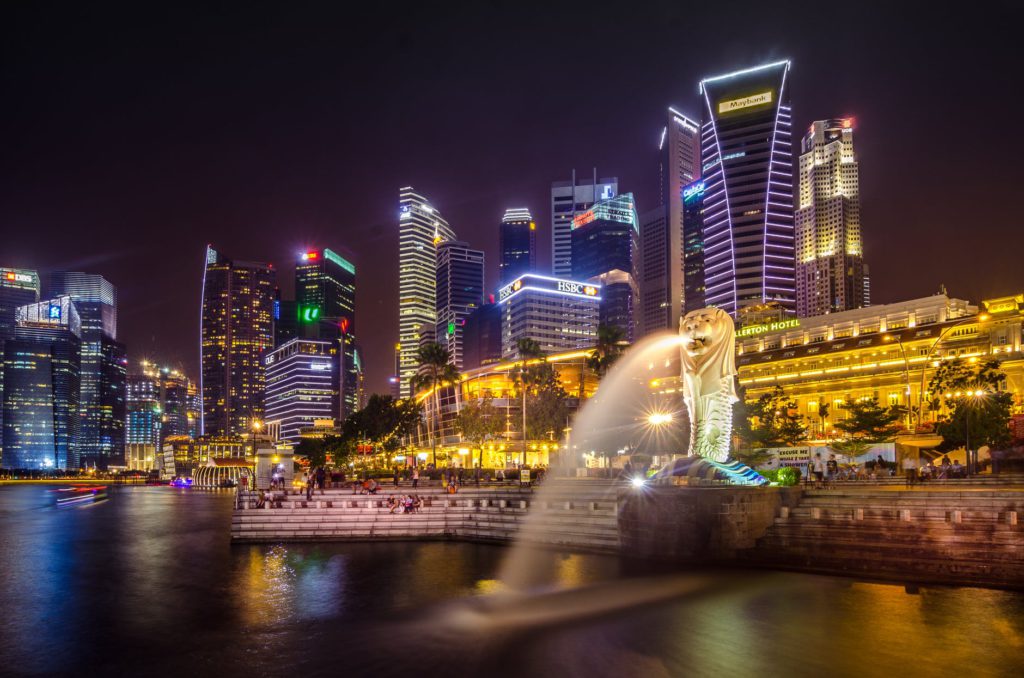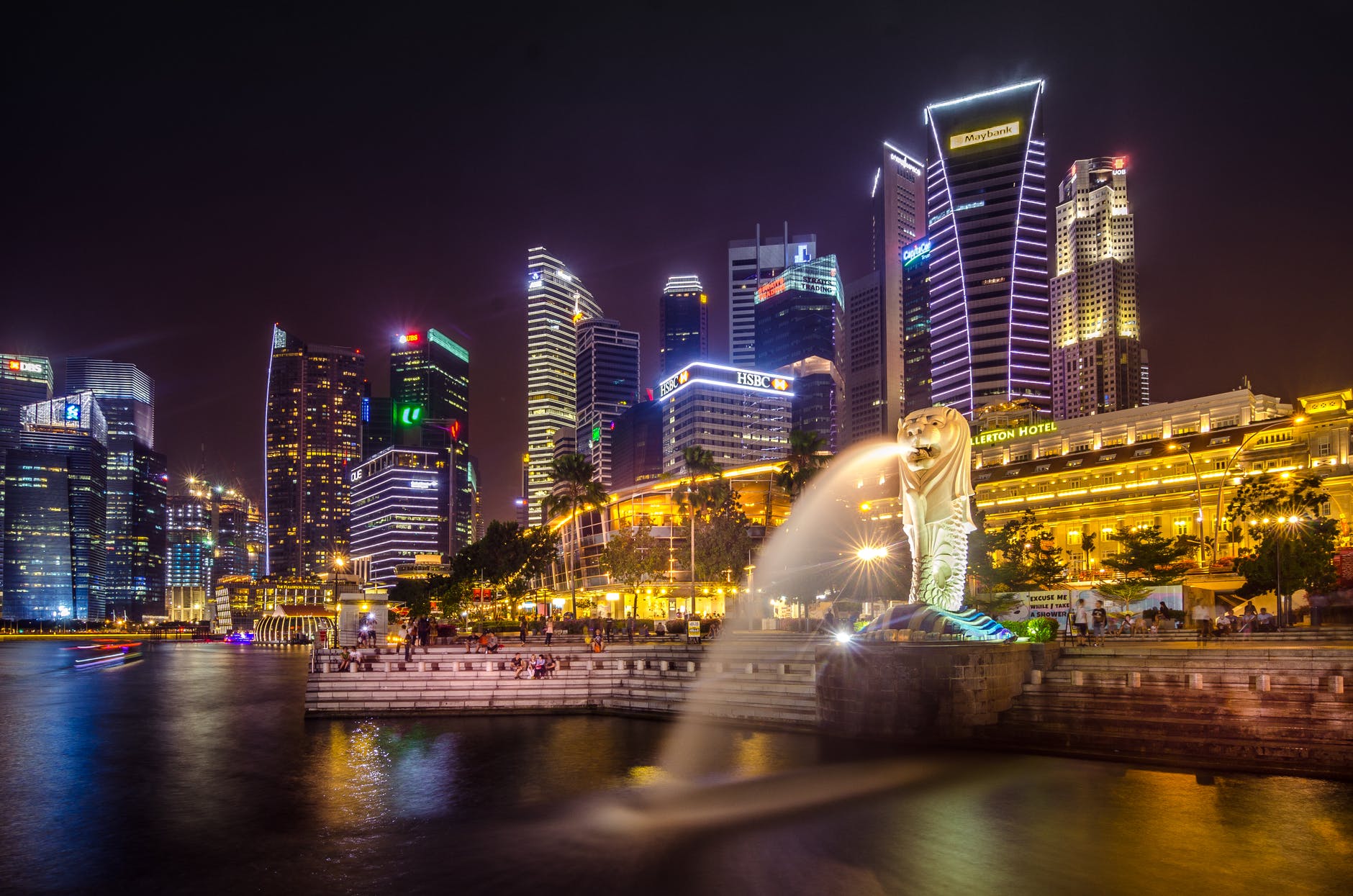Singapore’s Smart City Response to COVID
While the world has been waging war against the ongoing pandemic, issues such as lack of equitable resource distribution and underdeveloped healthcare systems have come to the fore. Countries are bolstering efforts to flatten the COVID-19 curve, but most have been struggling. Some, however, have been successful. Countries like Singapore are using smart city approaches to contain the spread, and it seems to be doing comparatively well. Let’s read about Singapore’s smart city response to COVID.

Singapore wages a successful war on COVID-19
Quick response, effective use of resources, and continuous communication with the public are some measures Singaporean authorities have undertaken. Even though Singapore was one of the first countries to report COVID-19 cases after the initial outbreak in China, its prompt response to the pandemic helped in containing the spread. The World Health Organization has been emphasizing the need for urgency in preparing for the pandemic, and Singapore has left no stone unturned.
In particular, Singapore has used technology-based innovative solutions to ensure an effective and appropriate response. For example, Spot is a multi-terrain four-legged robotic ‘dog’ that was deployed in one of the largest public parks in the country. It is armed with motion sensors to avoid collisions, cameras, and video analytics to estimate the number of park visitors, and a recorded message that is broadcast to remind citizens of the new rules. The spot is just one of the many innovative ideas that Singapore has brought to life to fight the pandemic.
The country has also introduced touch-free kiosks that measure the temperature of an individual to detect people with higher body temperatures than usual. It is placed in busy areas like bus stands and train stations where a significant portion of the population is present. These kiosks use thermal sensors to test the temperature of the passengers before they board a vehicle. It is a unique and necessary mechanism, likely to reduce the risk of infection.
Singaporean authorities have also come up with smartphone-based applications for contact tracing. Trace Together is a community-based application that allows for the collection of data via phone Bluetooth. The information stored in the app includes information of encounters and meetings between individuals, which can come in handy for contact tracing should an individual test positive for COVID-19.
Another application is Safe Entry, meant to store data of individuals entering high-density environments like buildings, offices, schools, hotels, etc. These are areas that are likely to fall prey to an outbreak owing to large occupancy in limited space. Such data on an individual’s basic identification details can help in quick tracing, testing, and containment.
Fighting COVID-19 with smart approaches
Technology-based solutions like these are Singapore’s smart city response to COVID. These solutions are an integral part of the functioning of smart cities. Smart cities refer to urban areas that employ the use of information and communications technology to optimize resource management for city administration. This particularly involves interconnected systems like the Internet of Things (IoT) devices, which essentially transfer, collect, and exchange data. Data then becomes a crucial center for the evolution of a smart city as data-based analytics form the foundation of technological solutions.
Singapore started its journey towards becoming a smart city back in 2014, intending to digitize everything – finance, retail, legislation, etc. – for creating a society that is driven by technology towards sustainability. Since then, it has never looked back, a fact that has only become clearer with its innovative and efficient approach towards fighting one of the biggest public health crises of our time.

